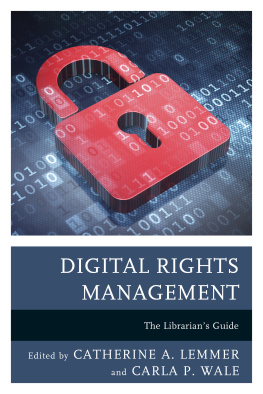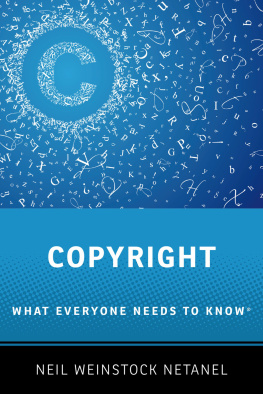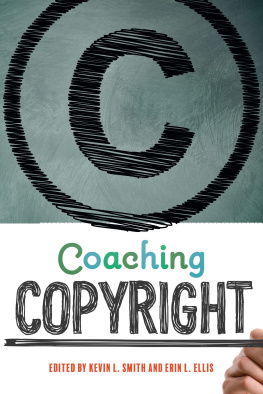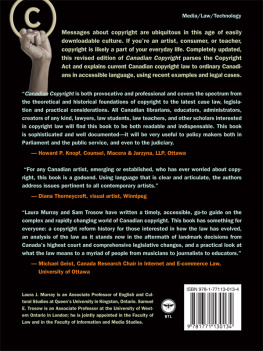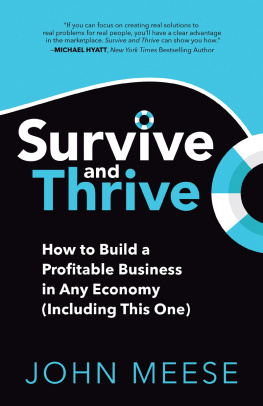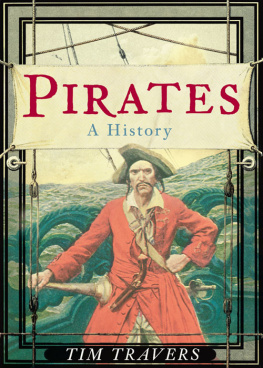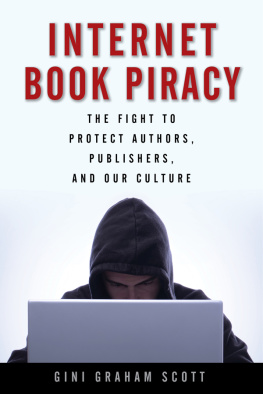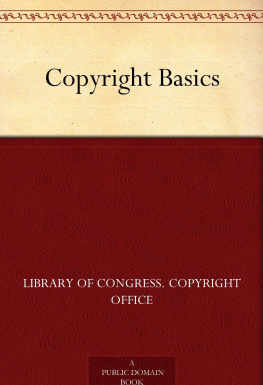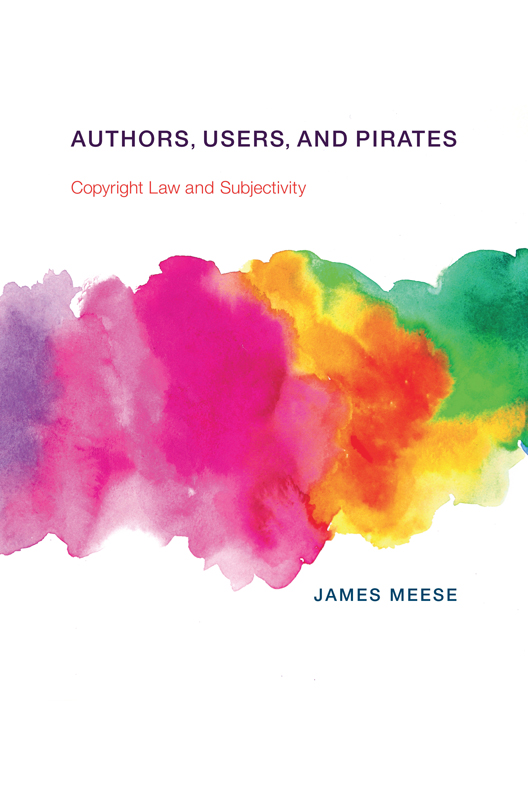James Meese - Authors, Users, and Pirates: Copyright Law and Subjectivity
Here you can read online James Meese - Authors, Users, and Pirates: Copyright Law and Subjectivity full text of the book (entire story) in english for free. Download pdf and epub, get meaning, cover and reviews about this ebook. year: 2018, publisher: Mit Press, genre: Home and family. Description of the work, (preface) as well as reviews are available. Best literature library LitArk.com created for fans of good reading and offers a wide selection of genres:
Romance novel
Science fiction
Adventure
Detective
Science
History
Home and family
Prose
Art
Politics
Computer
Non-fiction
Religion
Business
Children
Humor
Choose a favorite category and find really read worthwhile books. Enjoy immersion in the world of imagination, feel the emotions of the characters or learn something new for yourself, make an fascinating discovery.

- Book:Authors, Users, and Pirates: Copyright Law and Subjectivity
- Author:
- Publisher:Mit Press
- Genre:
- Year:2018
- Rating:5 / 5
- Favourites:Add to favourites
- Your mark:
Authors, Users, and Pirates: Copyright Law and Subjectivity: summary, description and annotation
We offer to read an annotation, description, summary or preface (depends on what the author of the book "Authors, Users, and Pirates: Copyright Law and Subjectivity" wrote himself). If you haven't found the necessary information about the book — write in the comments, we will try to find it.
In current debates over copyright law, the author, the user, and the pirate are almost always invoked. Some in the creative industries call for more legal protection for authors; activists and academics promote user rights and user-generated content; and online pirates openly challenge the strict enforcement of copyright law. In this book, James Meese offers a new way to think about these three central subjects of copyright law, proposing a relational framework that encompasses all three. Meese views authors, users, and pirates as interconnected subjects, analyzing them as a relational triad. He argues that addressing the relationships among the three subjects will shed light on how the key conceptual underpinnings of copyright law are justified in practice.
Meese presents a series of historical and contemporary examples, from nineteenth-century cases of book abridgement to recent controversies over the reuse of Instagram photos. He not only considers the author, user, and pirate in terms of copyright law, but also explores the experiential element of subjectivity--how people understand and construct their own subjectivity in relation to these three subject positions. Meese maps the emergence of the author, user, and pirate over the first two centuries of copyrights existence; describes how regulation and technological limitations turned people fromcreators to consumers; considers relational authorship; explores practices in sampling, music licensing, and contemporary art; examines provisions in copyright law for user-generated content; and reimagines the pirate as an innovator.
James Meese: author's other books
Who wrote Authors, Users, and Pirates: Copyright Law and Subjectivity? Find out the surname, the name of the author of the book and a list of all author's works by series.

